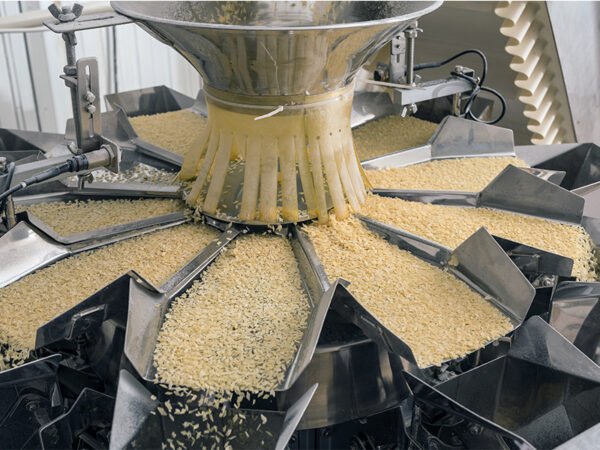Definition of Usance Bills
Section 22 of Negotiable instrument act 1881 provides that “every promissory note, bill of exchange which is not expressed to be payable on demand, at sight or on presentment is at maturity on the third day after the date on which is expressed to be payable”. Thus, in the case of Usance bills, three days…


